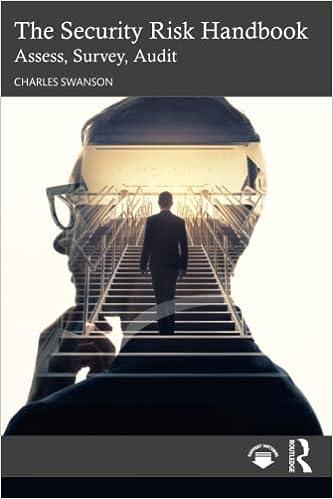Question
Gene contributed $500,000 to an irrevocable trust and did not retain any right to the trusts assets. The income beneficiary of the irrevocable trust was
| Gene contributed $500,000 to an irrevocable trust and did not retain any right to the trusts assets. The income beneficiary of the irrevocable trust was Genes sister, and the remainder beneficiary of the irrevocable trust was Genes niece. At the time of the transfer, Gene paid gift tax of $35,000. Gene died four years later, when the value of the irrevocable trust was $1,200,000. With regard to the irrevocable trust, how much is included in Genes gross estate? (Points : 0.63) |
a $0. b $35,000. c $500,000. d $1,200,000.
| Which of the following statements relating to qualified transfers for gift tax purposes is not correct? (Points : 0.63) |
a The relationship between the donor and the donee is irrelevant with a qualified transfer. b A payment made directly to an individual to reimburse him for medical expenses is a qualified transfer. c The exclusion for a qualified transfer is in addition to the annual exclusion. d A payment made to a qualified education institution for tuition costs is a qualified transfer.
| Julie recently hit it big at the casino. Because of her good fortune, Julie would like to begin a gifting program in which she will give her family and friends yearly gifts equal to the annual exclusion. She would like to learn more about the gift tax system and how gifts are valued. All of the following statements regarding the valuation of a gift are true, except: (Points : 0.63) |
a Publicly traded securities are valued at the average of the opening and closing market price for the day of the gift. b Real estate is generally valued utilizing an appraisal. c The value of a bond is the present value of the expected future payments. d Certain valuation discounts may be available due to lack of marketability, lack of liquidity, and lack of control.
| the value of property over which the decedent held a general power of appointment will be included in the decedents gross estate, regardless of whether the decedent exercised the power. (Points : 0.63) |
True False
Step by Step Solution
There are 3 Steps involved in it
Step: 1

Get Instant Access to Expert-Tailored Solutions
See step-by-step solutions with expert insights and AI powered tools for academic success
Step: 2

Step: 3

Ace Your Homework with AI
Get the answers you need in no time with our AI-driven, step-by-step assistance
Get Started


